Sepsis Screening Decreases Mortality. Well, not really.
Sensible Medicine
MARCH 14, 2025
If there is one thing a medicine resident or hospitalist should be able to do well is identify the patients who are sick and need attention. I’ve predicted that any screening tool would be more sensitive but less specific than a well-trained doctor. .” So said my program director during my internship.

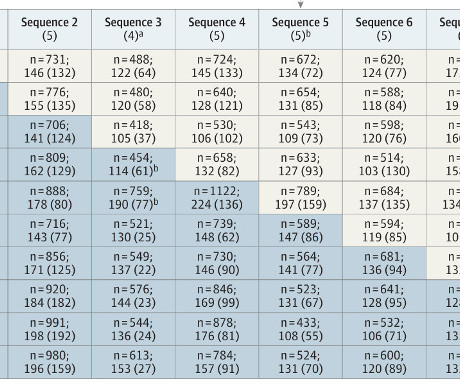
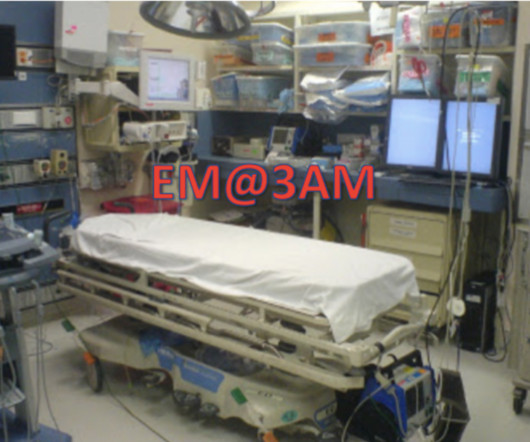







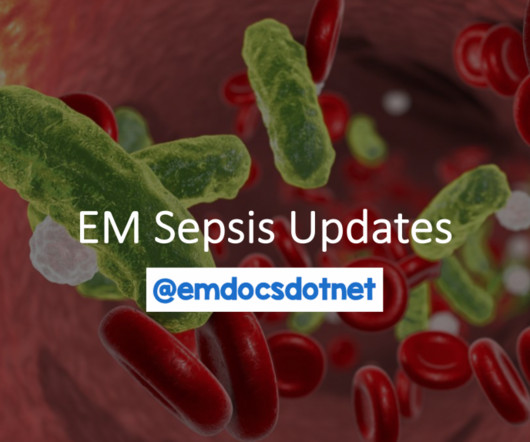

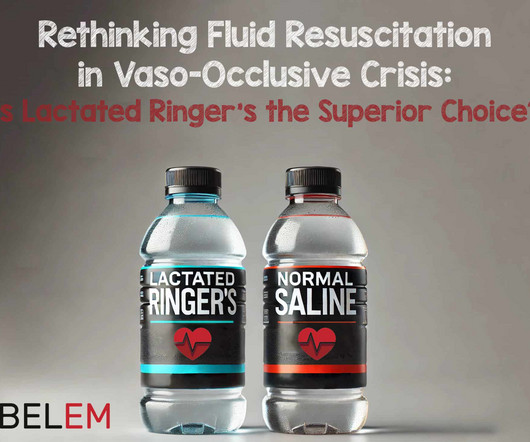

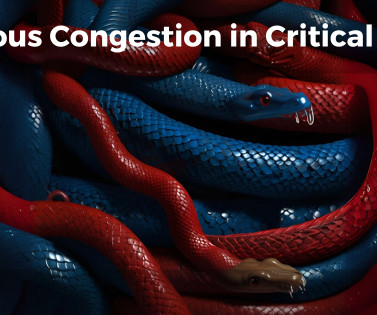

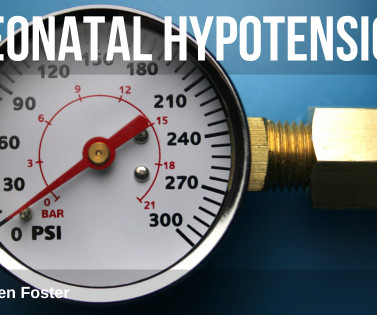






Let's personalize your content